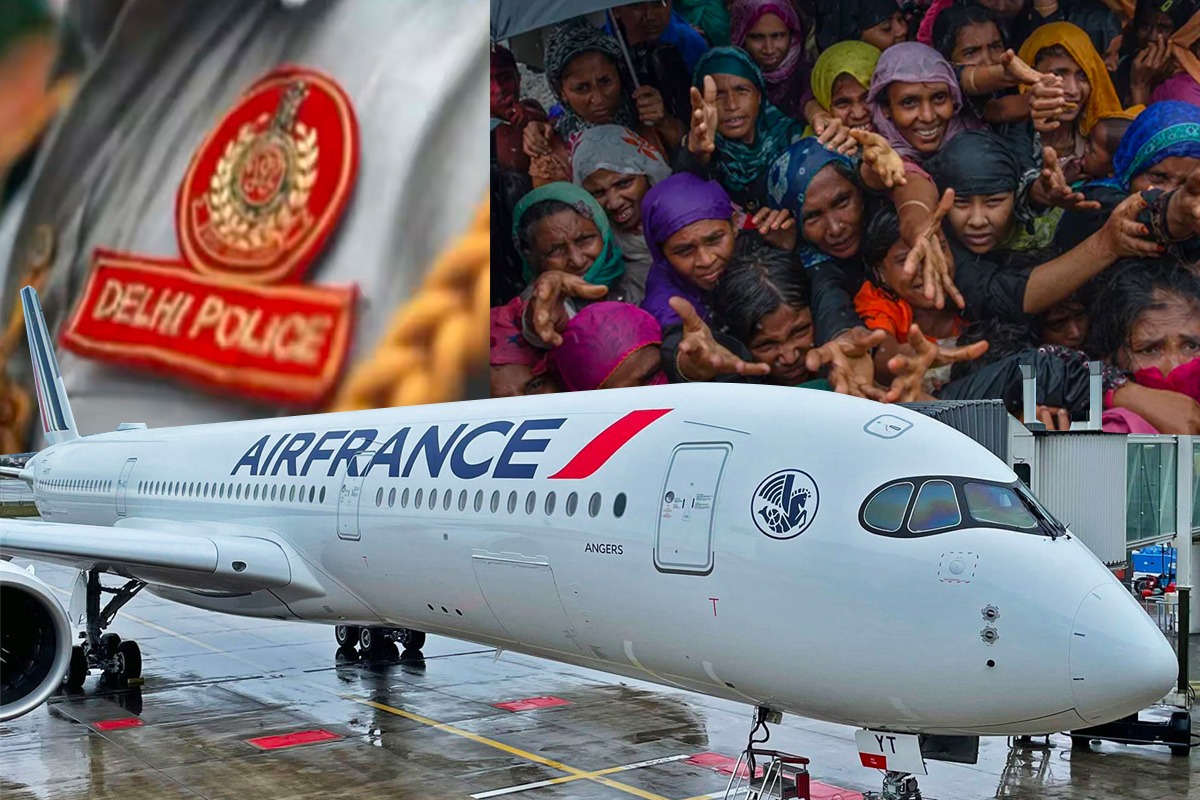
The situation is dire, with approximately 2,925 illegal agencies duping individuals aspiring to work abroad. Gujarat and Karnataka are grappling with 56 and 80 illegal agencies, respectively, while other states collectively host a staggering 1,832 such agencies.

In recent times, the Ministry of External Affairs (MEA) has uncovered a distressing reality – a network of 998 illegal agencies operating in India, preying on the dreams of individuals seeking employment overseas. This alarming revelation sheds light on a deeply rooted problem that jeopardizes the aspirations and well-being of countless job seekers. The need for urgent and comprehensive action to curb the activities of these unscrupulous agencies cannot be overstated.
The widespread nature of this issue is evident, with 29 illegal agencies identified in Karnataka alone. The MEA has rightly called upon state police to initiate actions against these agencies, which have not only failed to register as required but also face charges of cheating aspirants. It is disheartening to learn that victims have filed complaints with the MEA, seeking justice against these fraudulent practices.
Delhi, Tamil Nadu, and Maharashtra top the list with the highest numbers of illegal agencies, reflecting the magnitude of the problem. These agencies, operating without proper registration, exploit vulnerable individuals by charging exorbitant fees and, in some cases, engaging in outright deception. The fact that FIRs have been filed across the country highlights the urgent need for a coordinated effort to bring these culprits to justice.
In Karnataka, the coastal areas seem to be particularly vulnerable, with fraudulent agencies targeting individuals with deceptive offers, especially related to jobs in Gulf countries like the UAE. The rise of foreign job frauds, exacerbated by the ongoing COVID-19 situation, has led to an increased number of instances where healthcare workers are being specifically targeted.
The modus operandi of these illegal agencies extends beyond geographical boundaries, with some agencies having addresses in one state but operating bank accounts in Karnataka. This underlines the need for a collaborative approach among states to tackle the issue at its roots and prevent these agencies from exploiting regulatory gaps.
The situation is dire, with approximately 2,925 illegal agencies duping individuals aspiring to work abroad. Gujarat and Karnataka are grappling with 56 and 80 illegal agencies, respectively, while other states collectively host a staggering 1,832 such agencies. The recent interception of a ‘donkey flight’ in France underscores the urgency with which law enforcement agencies must pursue the organizers behind such operations.
The challenges faced by authorities in curbing these illegal activities are multifaceted. Limited data on the number of illegal Indian immigrants in other countries hampers efforts, as some nations deport illegal immigrants without involving Indian missions. Moreover, illegal agents exploit various platforms such as Facebook, WhatsApp, and text messages, making it difficult to track and apprehend them.
The Emigration Act 1983 mandates registration for recruitment agencies to prevent fraud and worker exploitation, yet persistent loopholes enable fraudulent operators to continue preying on job seekers. The government’s commitment to addressing this issue is evident, with plans to introduce the New Immigration Management Bill, aiming to establish a comprehensive immigration management system with regulatory mechanisms for overseas employment.
In the meantime, the MEA urges emigrant workers to be vigilant about local conditions in destination countries. Registered recruitment agents, required to purchase Pravasi Bharatiya Bima Yojana (PBBY) for migrant workers, provide a ray of hope by offering various benefits.
The fight against illegal recruitment agencies is a collective responsibility that demands swift and coordinated action. The government’s commitment to introducing new legislation is a positive step forward, but it is crucial to address the immediate challenges at hand. The plight of immigrants falling victim to these unethical practices cannot be ignored, and it is imperative to prosecute these agencies swiftly to safeguard the dreams and aspirations of countless individuals seeking legitimate opportunities abroad.